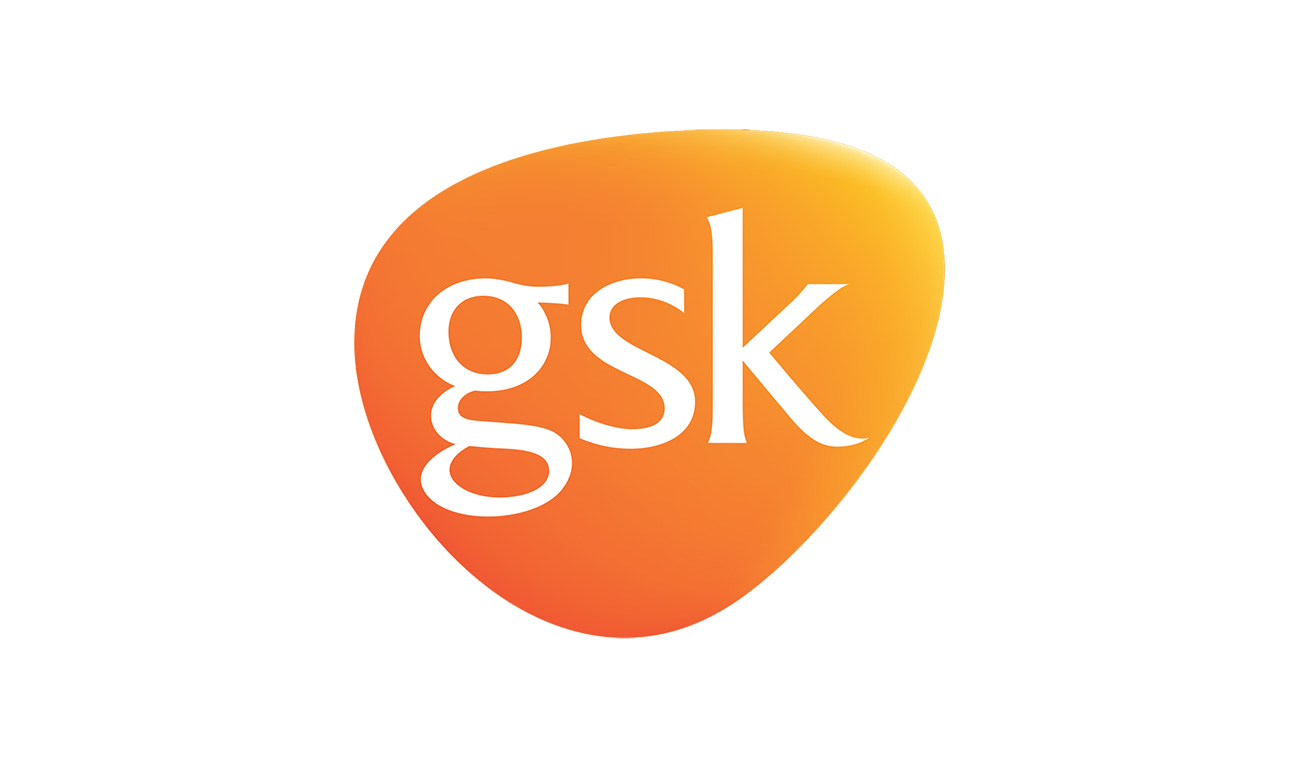Accelerating Health IT for the US

Accelerating Health IT for the US
Last week, GSK welcomed a few guests from the Office of the National Coordinator (ONC) for Health IT, a division of the Department of Health and Human Services, to our Washington, DC office. Farzad Mostashari, MD, Director, and members of his leadership team, joined us for an inspiring discussion on moving healthcare forward.
The team from ONC joined us for both an executive brainstorming session with senior GSK staff, and a broader presentation focused on the Administration's and industry's health information technology (health IT) efforts--and opportunities for future endeavors or collaborations.
Dr. Mostashari is at the forefront of our nation's efforts to support the adoption of health IT and the promotion of a nationwide health information exchange. While several HHS agencies shape health IT policy and guide programs, it is Dr. Mostashari's team that coordinates and leads the implementation.
Dr. Mostashari's main focus was the continuing effort to build a health IT infrastructure that rewards value and innovation. We were impressed with ONC's efforts to create an environment that helps ensure these new HIT systems are interoperable--or can share information with one another--empower consumers, and provide greater access to anonymous patient data that can be used to help inform and improve care. ONC's primary point was that we are unequivocally moving away from fee-for-service to value-based care in the US.
As an example of the impact an innovative organization can have in driving change in the health IT area, Dr. Mostahari stated that a program focused on Medicare incentive payments for electronic health records has only existed for 3 years and has helped 144,000 physicians provide better care. That impact was not lost on the participants in the room. Today 80% of hospitals and 50% of physicians have achieved "meaningful use" of electronic health records. Dr. Mostashari projected that in four years there's been more progress in the use of electronic health records than there had been in the previous 20.
Some of my colleagues shared our own health IT strategy and emphasized GSK's "value-based" healthcare approach. ONC echoed the call to drive change through value-based care, and put the patient at the heart of all activities. We all left the meeting excited at the potential to work together to improve care and impact change going forward.
As we continue our own efforts to put the patient first and drive towards a value based culture, we'll certainly remember what a passionate and driven organization can do to have a positive impact on our healthcare system.

